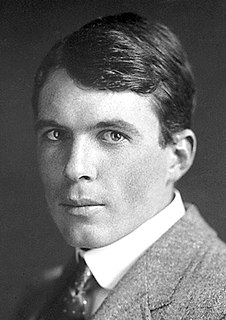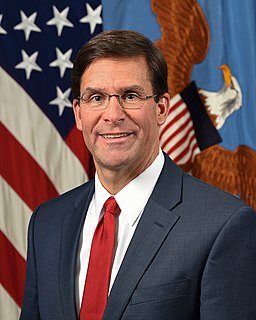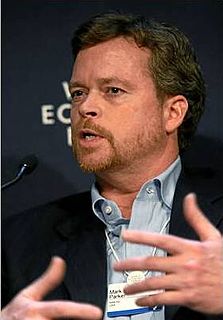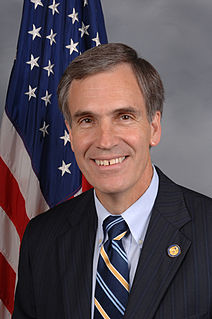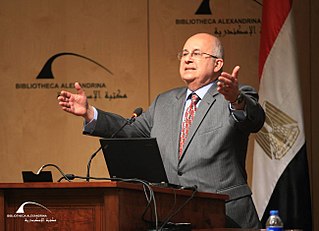A Quote by Jamais Cascio
With increasing fervor since the 1980s, sustainability has been the watchword of scientists, environmental activists, and indeed all those concerned about the complex, fragile systems on the sphere we inhabit. It has shaped debates about business, design, and our lifestyles.
Related Quotes
I feel very strongly indeed that a Cambridge education for our scientists should include some contact with the humanistic side. The gift of expression is important to them as scientists; the best research is wasted when it is extremely difficult to discover what it is all about ... It is even more important when scientists are called upon to play their part in the world of affairs, as is happening to an increasing extent.
Sustainability at Nike means being laser-focused on evolving our business model to deliver profitable growth while leveraging the efficiencies of lean manufacturing, minimizing our environmental impact and using the tools available to us to bring about positive change across our entire supply chain.
We should feel an urgency about our environment and what's been done to it by human action and inaction. I wouldn't say there's a resurgence - I think it's been with us all along, and especially since the 1960s and 1970s, but it is true that there's almost a subsection of the bookstore devoted to it now. Personally, I've been addressing these issues in my long and short fiction since the late 1980s - basically since the beginning of my career.
In the 1980s a small group of individuals became concerned about the Earth's temperature and what it might do in the future. I hesitate to call them scientists because they have abandoned their scientific principals by which their guess about temperature increases and the cause could achieve scientific acceptance or rejection.
The PFOA, PFOS is is a real concern and people need to be concerned about it and the water systems need to be concerned about it. But when you only focus on that, it could take resources away from other issues or problems that the water systems have diverted to just this. And this may not be a huge problem in every community.
Having been brought up among the biologists and having followed various debates about ways to improve the human template and other debates about the true nature of our nature, I began seriously to wonder: What if? We hold in our hands a tool that is more powerful - for good or ill - than any we have wielded before.
Our folks have a lot of passion. They're very concerned about the direction of the country and concerned the record debt and deficit and what it means for their kids, concerned about the economy and the fact that we're not getting back on track with the weakest economic recovery since the Great Depression. And at the end of the day, I think that's going to make the difference.
Incivility is a symptom, not the disease. We've always had partisan conflict in Congress, and we always will. Yet when I worked for a year (1970-71) on the staff of Sen. Ed Muskie of Maine, this was a different place, more collegial, more sensitive to data, more concerned about all of the American people. I think because the for-profit media prizes conflict above cooperation and sound bites above analysis, politicians have learned to adapt to those tendencies. Consequently, our public debates are dumbed down as our problems grow more complex.
Sara Scherr and Jeff McNeely have given us a thoughtful, sensible book about a topic of great importance to the world. There is no food security, no poverty reduction, no environmental sustainability without transforming our agricultural practices. The book ?presents well documented cases of best practices from all over the world. It should be required reading for all concerned with agriculture, the environment, food security or just the future of our children.

